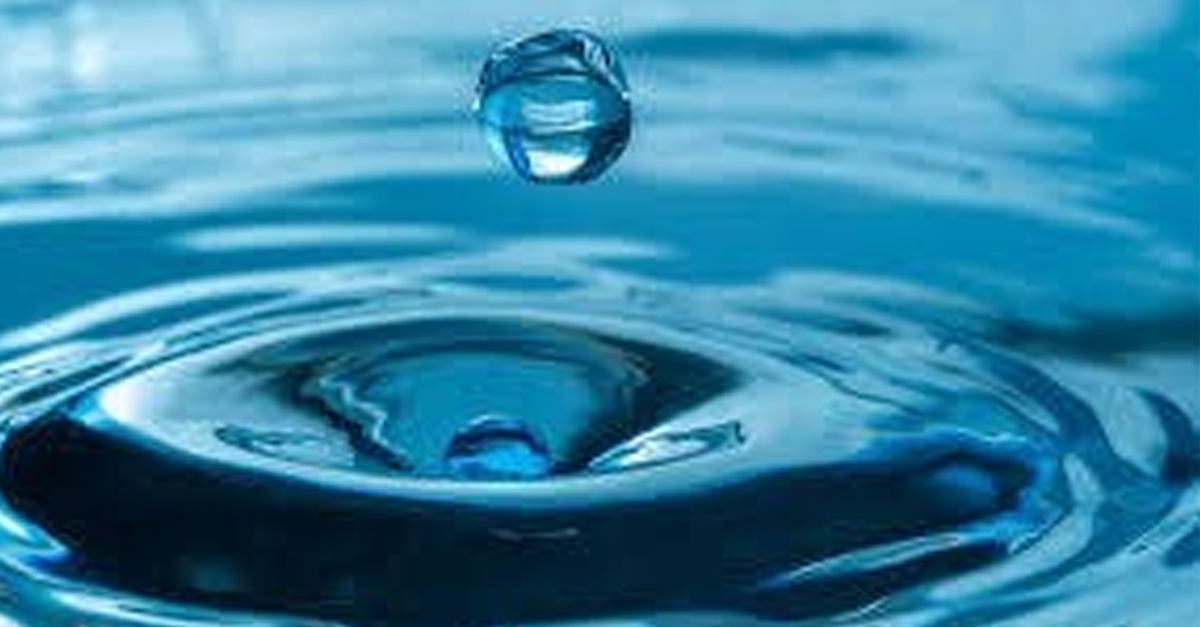

A 'Water-Positive' business is more than just a concept. It's a commitment to replenishing more water into freshwater sources than it withdraws. This commitment goes beyond mere water sustainability, which focuses on minimising usage to maintain the quality and availability of water. Many global corporations are now at the forefront of this initiative, with several multinational giants recently announcing their plans to achieve water positivity in the near future.

Organizations like the Water Resilience Coalition (WRC) have been established to inspire business leaders worldwide to contribute to water positivity.
Aluminium production requires substantial water resources at each stage, from bauxite extraction to refining and cooling processes. This demand is set against a backdrop of increasing water scarcity, with over a quarter of the global population experiencing extremely high levels of water stress. Climate change further exacerbates this issue, causing more intense droughts and floods through altered precipitation patterns.
The aluminium industry's heavy reliance on water highlights its potential exposure to water-related challenges and the possible impacts on other water users. The industry is embracing a comprehensive and effective strategy to address these challenges, aiming to protect water as a shared resource and enhance business resilience.
The water needs of alumina plants typically vary between 0.28 and 1.10 gallons per pound of alumina, with an industry average of 0.66 gallons per pound. In contrast, reduction works exhibit a more comprehensive range of water requirements, spanning from 1.24 to 36.33 gallons per pound of aluminium, with an average of 14.62 gallons.
Water-positive pledges seek to assist companies in aligning with UN objectives by ensuring sufficient access to clean water for all while safeguarding their water resources.
Typical risks
The aluminium industry, operating across diverse regions, faces mounting pressure to manage water sustainably amidst challenges like dwindling water supplies due to climate change and mismanagement, necessitating reliable water throughout production. Quality concerns arise from poor incoming water requiring costly pre-treatment, while mining and processing activities risk contaminating freshwater sources. Vital water-related ecosystems such as wetlands are at risk, and ensuring water, sanitation, and hygiene (WASH) is crucial for on-site operations and surrounding communities to mitigate health risks and absenteeism. Regulatory scrutiny on water usage and discharge heightens compliance requirements and reputational risks, jeopardising the industry's social license and access to favourable permits.
Solutions
Instead of merely replacing the water extracted from the environment, companies can adopt a systematic strategy to achieve 'Water Positivity', replenishing more water than they consume in these areas. This approach encompasses various initiatives like utilising rainwater, reducing freshwater usage, recycling water, and implementing real-time monitoring systems to track water consumption, recharge rates, and conservation efforts.
Vedanta Aluminium’s roadmap to become Water Positive
In 2022, Vedanta Aluminium joined forces with TÜV SÜD with the aim of achieving a net water positive. This forward-thinking partnership involves developing a comprehensive strategy to advance Vedanta Aluminium's goal of water positivity. Together, they conducted baseline studies, enhanced water consumption tracking methods, provided training for ongoing improvement and conservation efforts, and introduced innovative solutions for sustainable water management.
Each of Vedanta Aluminium's business units has conducted water-screening assessments using the WRI Aqueduct Tool to assess the impact of their operations on water resources. These assessments identified sensitive aquatic habitats, assessed water availability, and analysed reliance on shared water sources. The company can proactively address environmental and social risks associated with water usage and tailor water management plans accordingly for each location.
India's leading aluminium producer successfully recycled 15 billion litres of water for internal use.
Conclusion
By embracing a water-positive trajectory, the aluminium industry secures its sustainable future and charts a course towards environmental stewardship. Through innovative technologies, responsible practices, and collaborative efforts, we pave the way for a future where water is not just preserved but revered, ensuring prosperity for generations to come.
Responses








